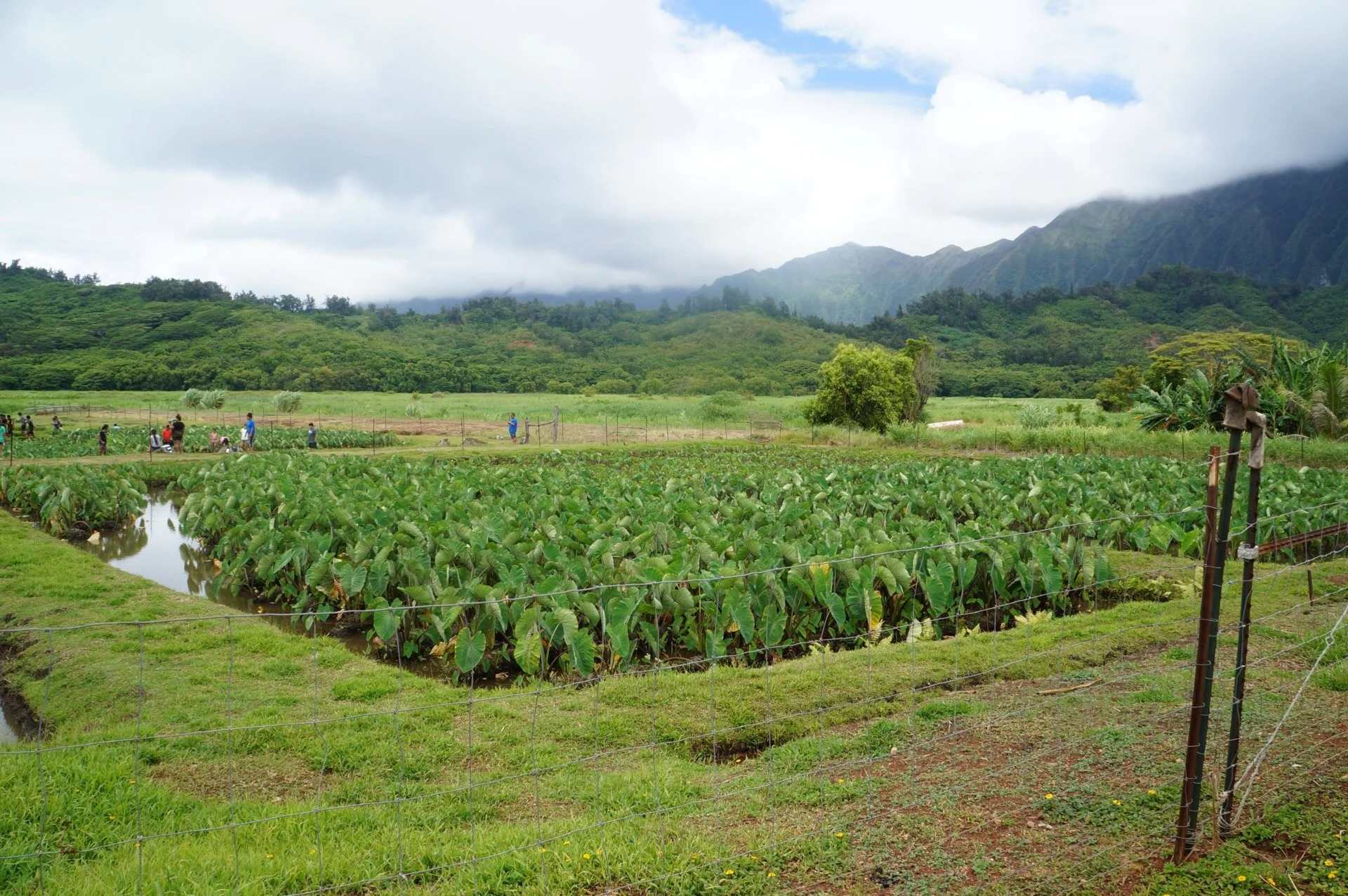Hawaii’s Secret Taro Farms And Ancient Traditions

Hawaii is famous for its stunning beaches and vibrant culture, but there's a hidden gem that many visitors miss: the taro farms. Taro, a plant with heart-shaped leaves, has been a staple in Hawaiian culture for centuries. It's not just a food source; it's a symbol of life and connection to the land. These farms, often tucked away in lush valleys, offer a glimpse into ancient traditions still alive today. Farmers cultivate taro using methods passed down through generations, respecting the land and its resources. Visiting these farms provides a unique opportunity to learn about Hawaiian history and the importance of sustainability. Whether you're tasting fresh poi or walking through the fields, the experience is both educational and enriching. So, next time you're in Hawaii, consider stepping off the beaten path to explore these fascinating taro farms and their rich cultural heritage.
Discovering Hawaii's Hidden Taro Farms
Hawaii is famous for its stunning beaches and vibrant culture, but there's a lesser-known side to this paradise. Taro farms, deeply rooted in Hawaiian history, offer a glimpse into the island's ancient traditions. Let's explore some of these hidden gems.
- Hanalei Valley, Kauai
Nestled in the lush greenery of Kauai, Hanalei Valley is a breathtaking sight. This valley is home to numerous taro farms, where you can witness the traditional methods of taro cultivation. The farmers here have been growing taro for generations, preserving the cultural heritage of the island.
- Waipio Valley, Big Island
Waipio Valley, often called the "Valley of the Kings," is a sacred place with a rich history. The taro farms in this valley are surrounded by towering cliffs and cascading waterfalls. Visiting Waipio Valley is like stepping back in time, where you can see how ancient Hawaiians lived and farmed.
- Keanae Peninsula, Maui
On the rugged coastline of Maui, Keanae Peninsula is a hidden treasure. The taro patches here are a testament to the resilience of the Hawaiian people. The peninsula offers stunning ocean views and a chance to learn about the significance of taro in Hawaiian culture.
Understanding the Importance of Taro in Hawaiian Culture
Taro, or "kalo" in Hawaiian, is more than just a crop. It's a symbol of life and sustenance for the Hawaiian people. Let's delve into why taro holds such a special place in their hearts.
- Waimea Valley, Oahu
Waimea Valley is not only a botanical garden but also a cultural hub. Here, you can find taro patches that are part of educational programs teaching visitors about the importance of taro in Hawaiian traditions. It's a place where culture and nature come together beautifully.
- Molokai Taro Farms, Molokai
Molokai, known for its untouched landscapes, is home to several taro farms. These farms are community-driven, with locals working together to maintain the taro patches. Visiting Molokai offers a unique opportunity to connect with the island's rich cultural heritage.
Experiencing Taro in Hawaiian Cuisine
Taro is a staple in Hawaiian cuisine, used in various dishes that reflect the island's diverse flavors. Let's explore where you can taste this delicious root.
- Poi Factory, Oahu
Located on Oahu, the Poi Factory is a must-visit for anyone wanting to taste authentic Hawaiian poi. This traditional dish made from taro is a beloved comfort food for locals. The Poi Factory offers a chance to savor the flavors of Hawaii while learning about the cultural significance of taro.
- Hana Farms, Maui
Hana Farms is a unique spot where you can enjoy farm-to-table dining. Their menu features dishes made with locally grown taro, showcasing the versatility of this root vegetable. It's a culinary experience that highlights the connection between the land and the food on your plate.
- Kauai's Farmers Markets, Kauai
Kauai's farmers markets are a great place to sample taro-based treats. From taro chips to taro smoothies, these markets offer a variety of delicious options. It's a fun way to explore the local flavors and support the island's farmers.
Embracing Hawaii's Rich Heritage
Hawaii's secret taro farms and ancient traditions offer a glimpse into a world where nature and culture intertwine. These farms, hidden gems on the islands, are more than just places of agriculture. They are living museums preserving the Hawaiian way of life. Taro, a staple in Hawaiian cuisine, holds deep cultural significance. Visiting these farms, you learn about the traditional methods of cultivation and the stories passed down through generations. Engaging with local farmers and participating in hands-on activities, you gain a deeper appreciation for the island's heritage. This experience not only enriches your understanding of Hawaii but also fosters a connection to its people and their ancestral roots. As you leave, you carry with you the spirit of aloha, a reminder of the beauty and wisdom found in embracing and preserving these ancient traditions.

